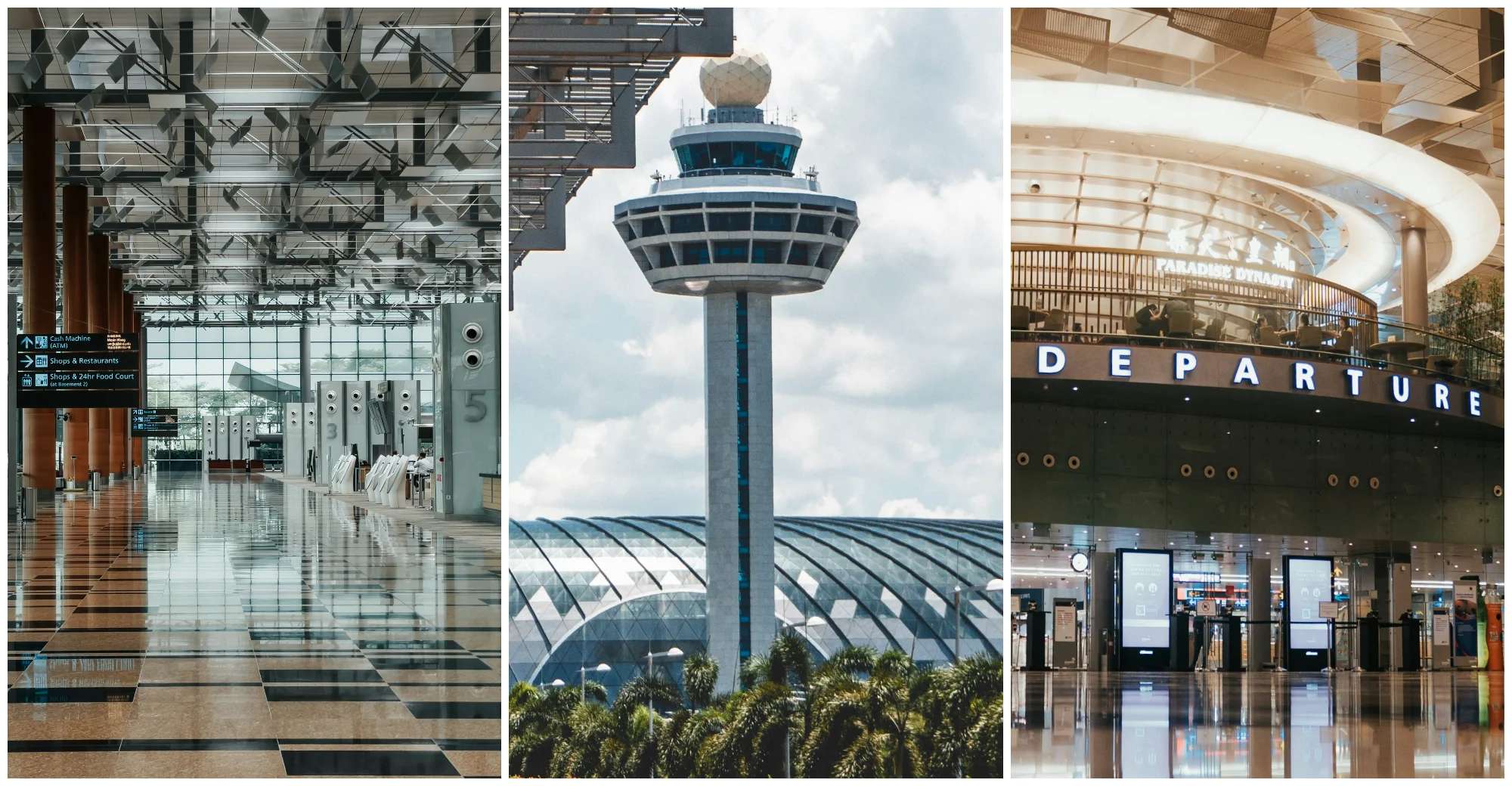Soaring through the skies often comes at a cost – to the environment. However, Singapore is taking a bold step towards sustainable aviation with a groundbreaking new initiative.
Starting in 2026, all flights departing from Changi Airport must use a minimum amount of Sustainable Aviation Fuel (SAF).
This move marks a significant milestone in the global fight against climate change and can potentially revolutionise the airline industry.
Understanding the Impact

Traditional jet fuel releases significant amounts of greenhouse gasses, contributing heavily to the aviation industry's carbon footprint.
SAF, derived from renewable sources like plant oils or recycled waste, offers a significantly greener alternative.
Will the ticket prices increase?
The short answer is yes. SAF currently remains more expensive than traditional fuel, potentially leading to increased ticket prices for passengers. The prices are expected to increase $3 to $16, depending on where you are heading to.
However, the Singapore government has pledged to mitigate the cost impact through various measures, including co-funding SAF production and offering incentives to airlines that adopt it early.
Hopefully with these incentives, it could help to lower the increase in price for coonsumers.
A Global Inspiration
Singapore's bold step is sending a clear message to the world: sustainable aviation is achievable and necessary.
This initiative has the potential to inspire other countries and airlines to follow suit, accelerating the transition towards a greener future for air travel.
Looking Ahead
The Singaporean government estimates that the SAF mandate could reduce carbon emissions by up to 2 million tonnes annually by 2030.
This positive impact, coupled with the potential for wider global adoption, makes this initiative a significant step towards a more sustainable future for aviation.
While challenges remain, Singapore's leadership demonstrates that taking bold action and fostering collaboration can pave the way for a greener tomorrow in the skies.


